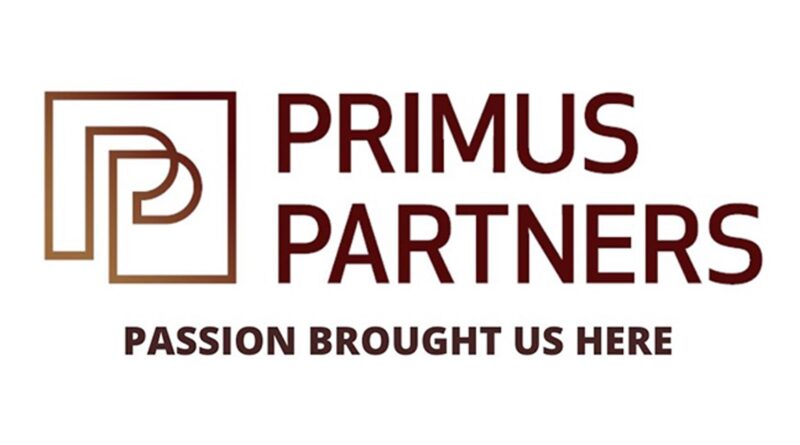2,800 Startups, 2.8 Lakh Jobs: The Power of Entrepreneurship in Curriculum
Mumbai: A recent report by Primus Partners suggests that integrating entrepreneurship into school and college curricula can lead to the creation of 2,800 student-led startups and generate 2.8 lakh new jobs across India. The report, titled “Powering the $5 Trillion Dream: The FINESSE Framework Could Generate 2.8 Lakh New Jobs, Driving Grassroots Entrepreneurship for an Aatma Nirbhar Bharat,” highlights the potential of entrepreneurship education in driving India’s economic growth.
Strong Demand for Structured Entrepreneurial Learning
The report is based on insights from over 1,500 stakeholders, including students, teachers, principals, and micro-entrepreneurs. Key findings include:
- 78% of students view entrepreneurship as a strong career path, with over 530 students wanting it taught on par with math and science.
- 555 students reported no formal exposure to entrepreneurship, emphasizing the need for structured entrepreneurial learning.
- Educators identified ages 14-16 as the most critical window to introduce entrepreneurship, suggesting that early intervention can foster entrepreneurial mindsets.
The FINESSE Framework
The FINESSE Framework, which stands for Fostering Innovation, Nurturing Entrepreneurship, and Supporting Startup Ecosystems, provides a phased roadmap for entrepreneurship education. It includes awareness-building, hands-on projects, mentorship, financial literacy, incubation access, and networks to ensure that entrepreneurship education goes beyond theory. Successful pilots like Rajasthan’s iStart Business Innovation Programme (BIP) have demonstrated the effectiveness of this approach.
Expert Insights
Charu Malhotra, Co-Founder & MD of Primus Partners, emphasizes that India’s demographic dividend will define its economic future, but only if young people are equipped with the right skills and mindset. Amit Purohit, Vice President of Primus Partners, adds that the FINESSE Framework provides a scalable pathway to turn the challenge of traditional employment into an opportunity, ensuring India’s demographic dividend becomes a source of innovation, resilience, and new jobs.
Call to Action
The report stresses that entrepreneurship education must be treated as a core subject, not an extracurricular activity. It calls for policy alignment, educator training, and national rollout, with a special focus on Tier 2 and 3 cities where ecosystems are emerging fastest. By integrating entrepreneurship into education, India can unlock the potential of its youth and drive economic growth.




